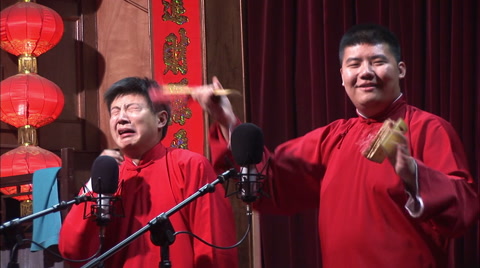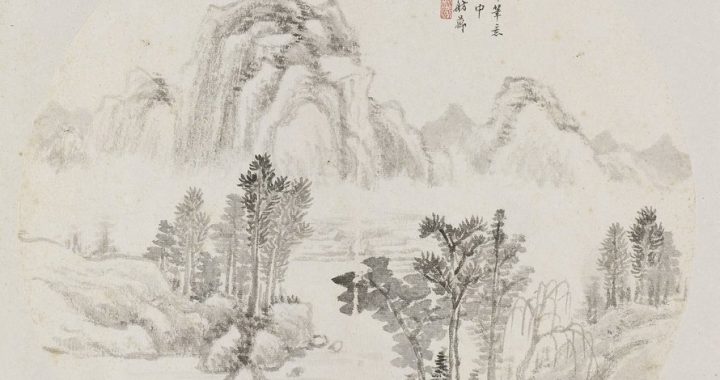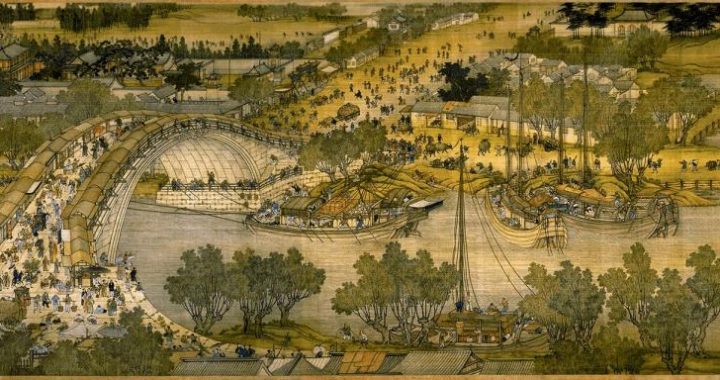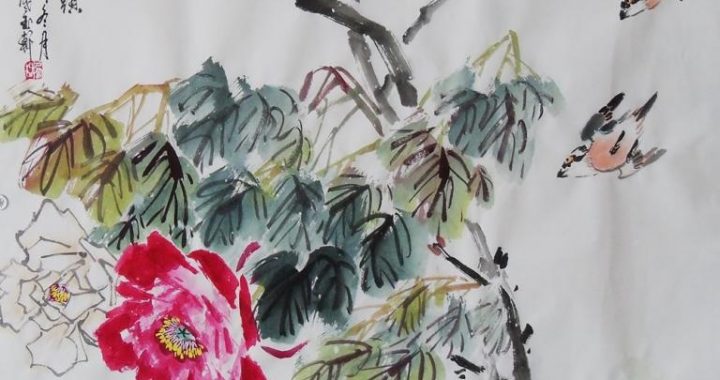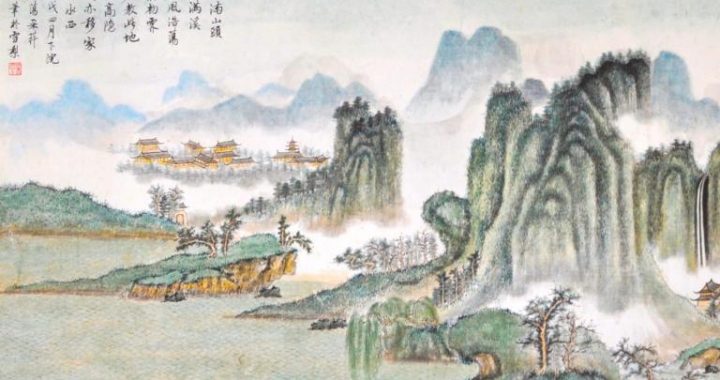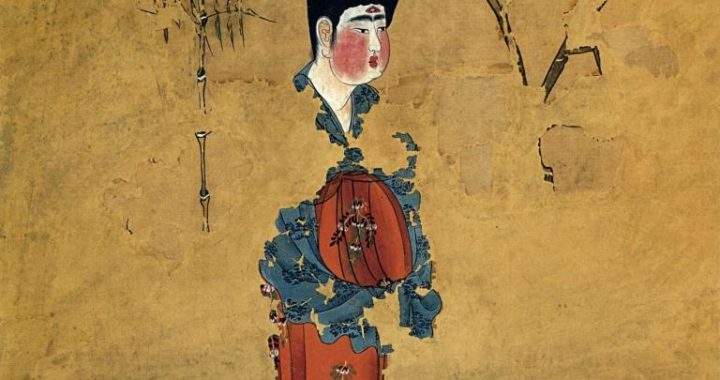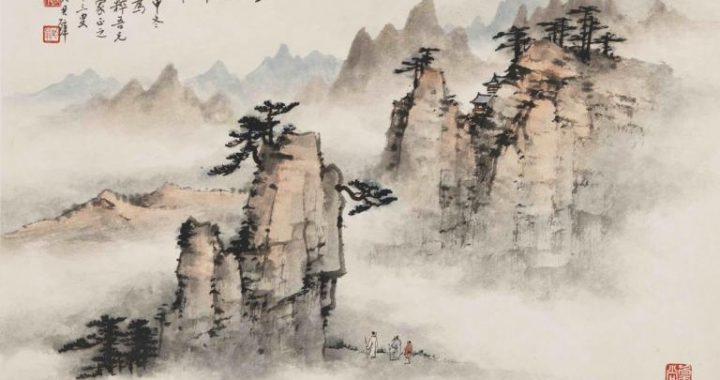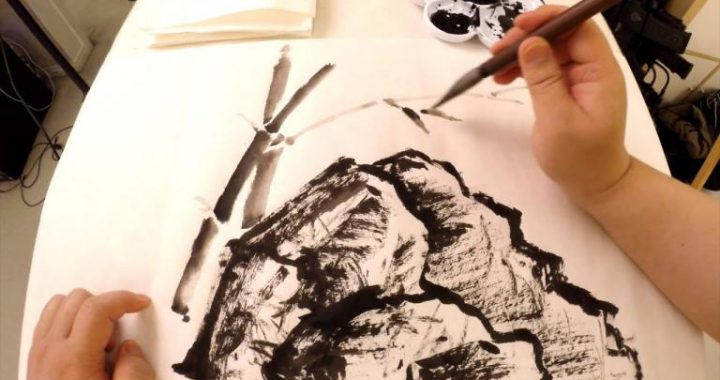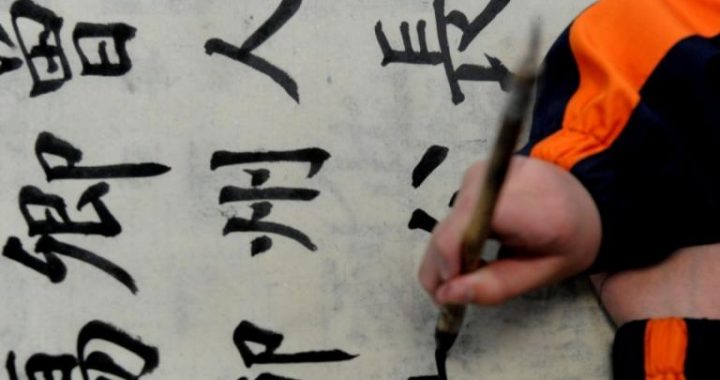Xiangsheng in China
2 min readThe Origin of Xiangsheng
The earliest xiangsheng comedian known by name is Zhang Sanlu,who performed in the mid nineteenth century.After the widespread use of Mandarin from 1949,the popularity of xiangsheng increased throughout the People’s Republic of China.It is a standard feature of CCTV’s annual Spring Festival television program and other popular performing arts shows in China.Modern xiangsheng is made up of four skills speaking,imitating,teasing,and singing.
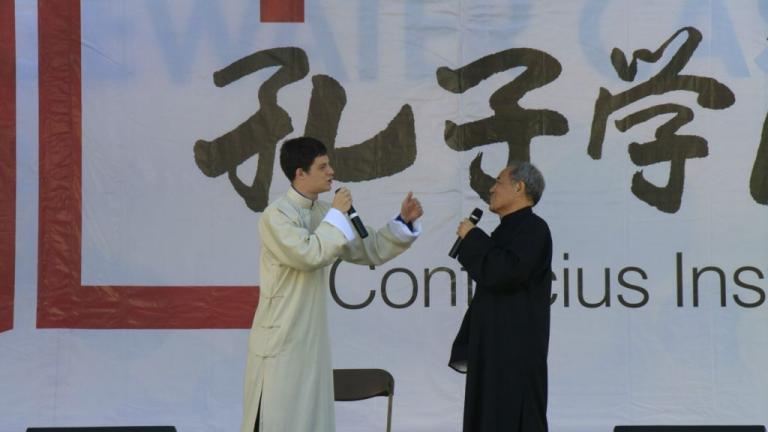
Forms of Xiangsheng
There are three forms of Xiangsheng.
The earliest form was performed by one person,and was called Dankou Xiangsheng. Its contents were mostly jokes and humorous stories.
Later,Duikou Xiangsheng or“cross talk”,performed by two people,appeared.One man was called Dougen,and the other,Penggen.When A is the primary talker while B Chimes in,this is called Yitouchen(heavy-at-oneend),and the subject of argumentbetween them is called Zimugen.Recitals and narration are called Guankouhuo,and imitations of opera songs and words are called Huhuo.
The third form of Xiangsheng performed by three or more people is called Qunkou Xiangsheng.It calls for one artist to say funny things,while others chime in and yet another makes them stray from the subject.Of the three forms,cross talk is the most popular and widespread.
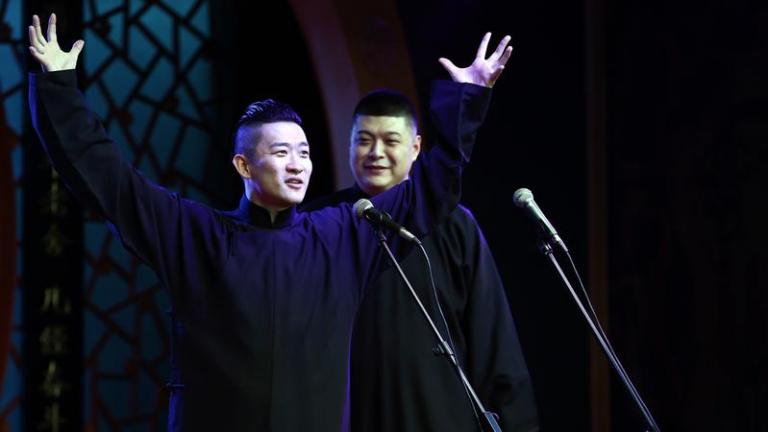
A Famous Xiangsheng Artist
Zhu Shaowen used to perform in the entertainment quarter of Beijing known as Tianqiao.He always began with a ragged verse that started and ended with the same word(something like a palindrome phrase).Then he imitated the street hawkers’peculiar cries and sang some ancient songs.As the audience grew,he started his proper Xiangsheng item.His stage name originated from a poem inscribed on a pairof bamboo clappers9a kind of percussion instrument)that he had used.The words on the clapper were,“Eating by begging from many houses and sleeping in ancient temples.
Never do anything against the law,and don’t be afraid of seeing the emperor.”Zhu’s four apprentices all had similar-styled stage names.
